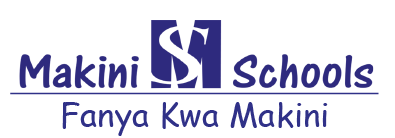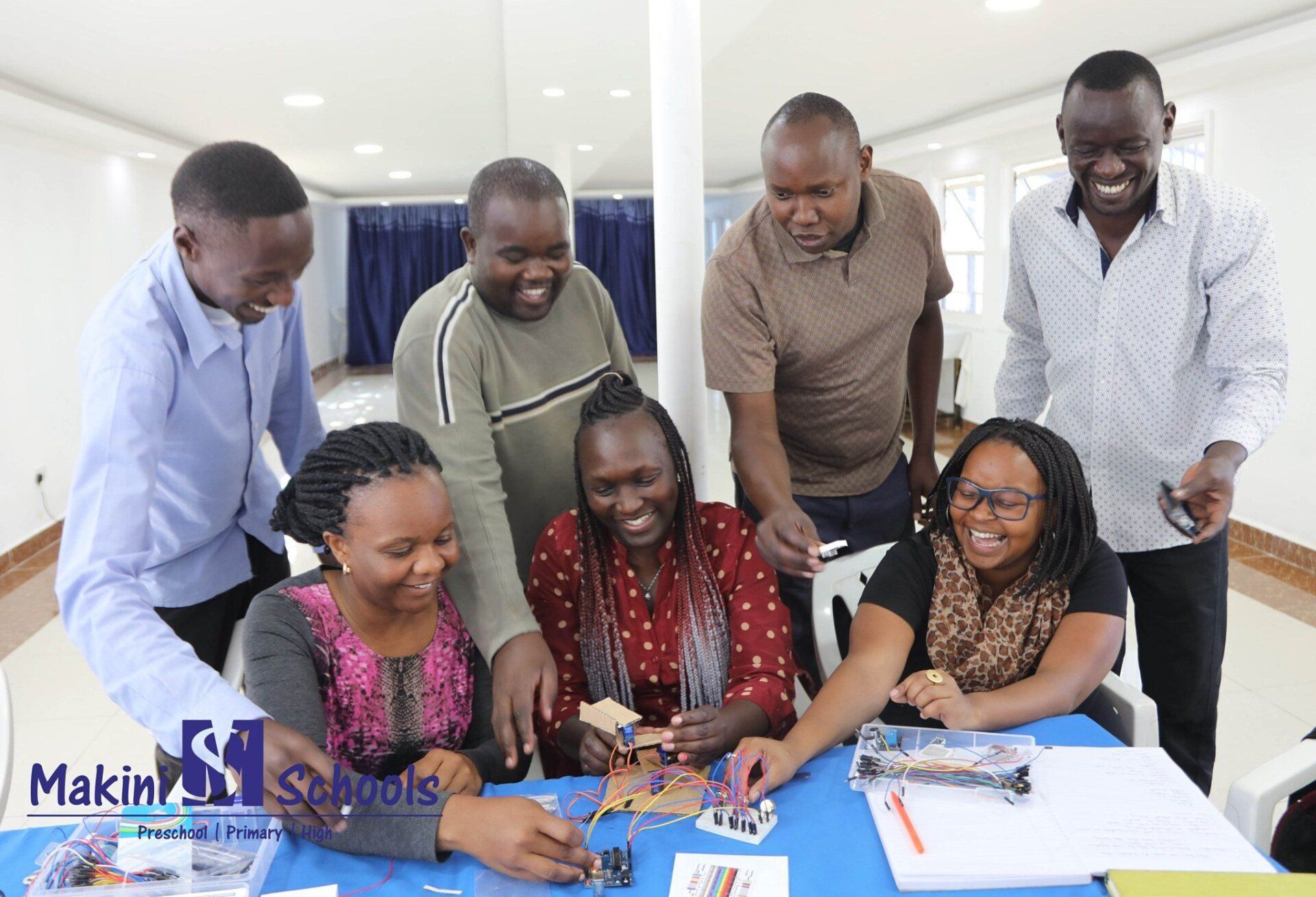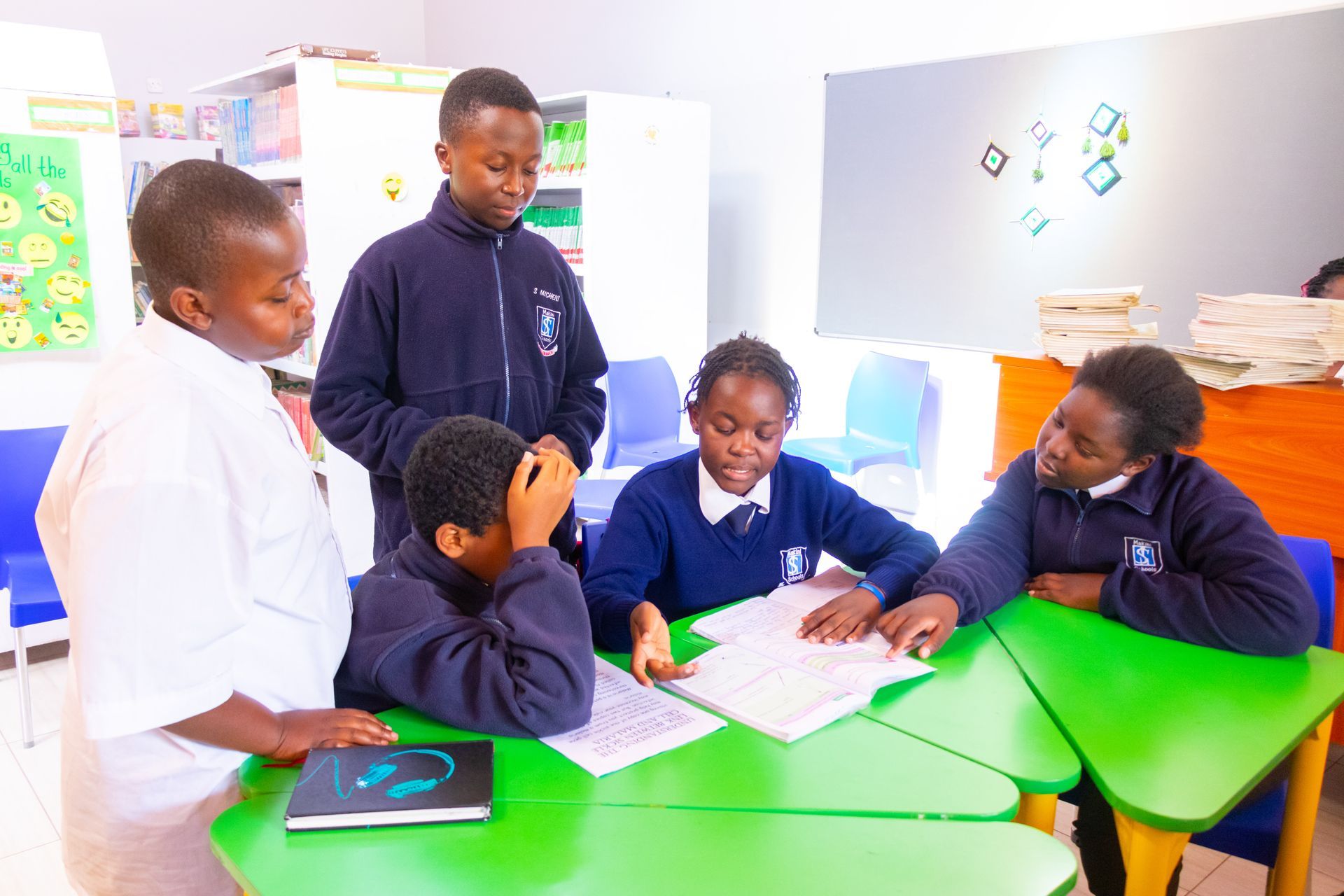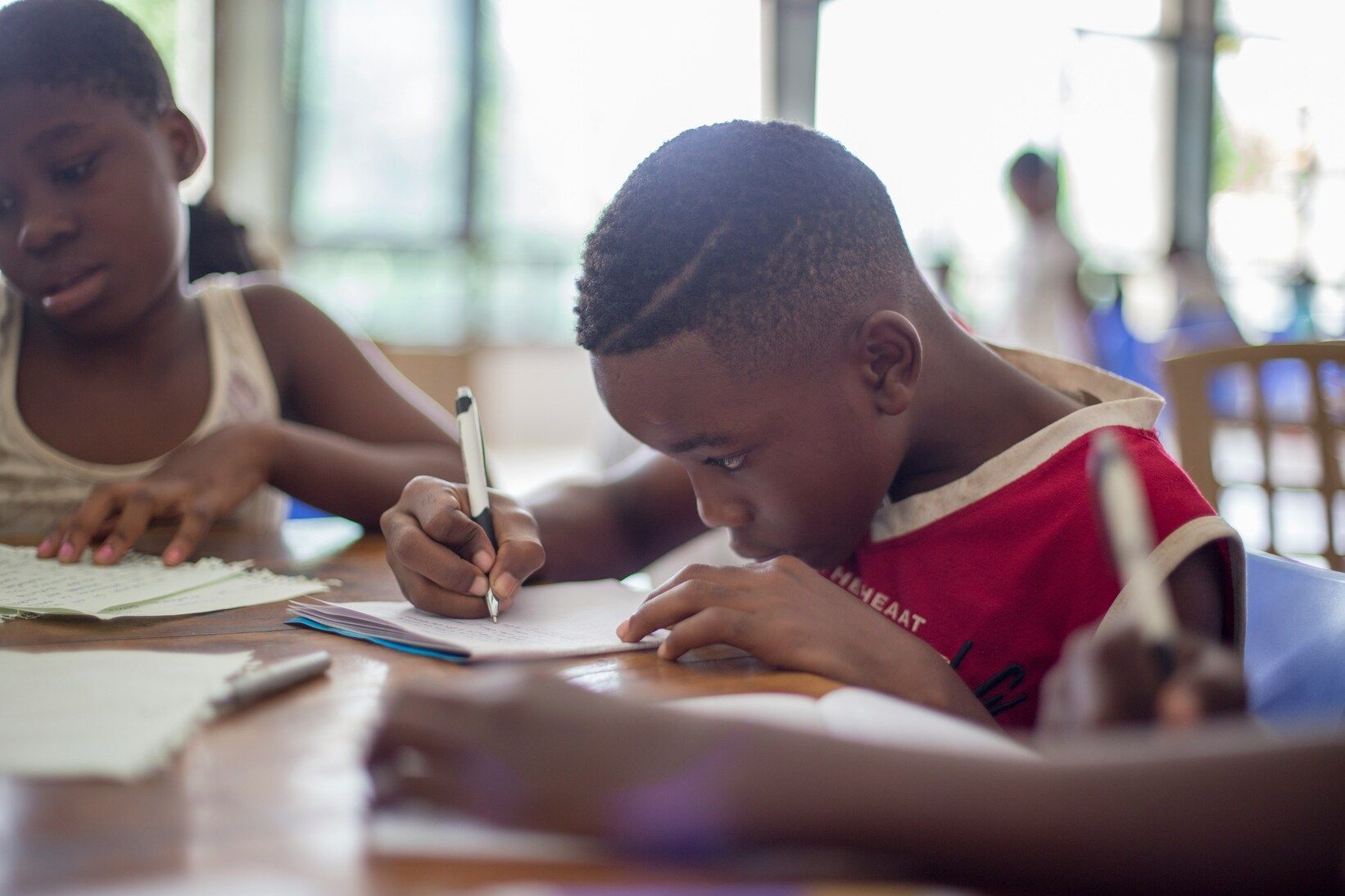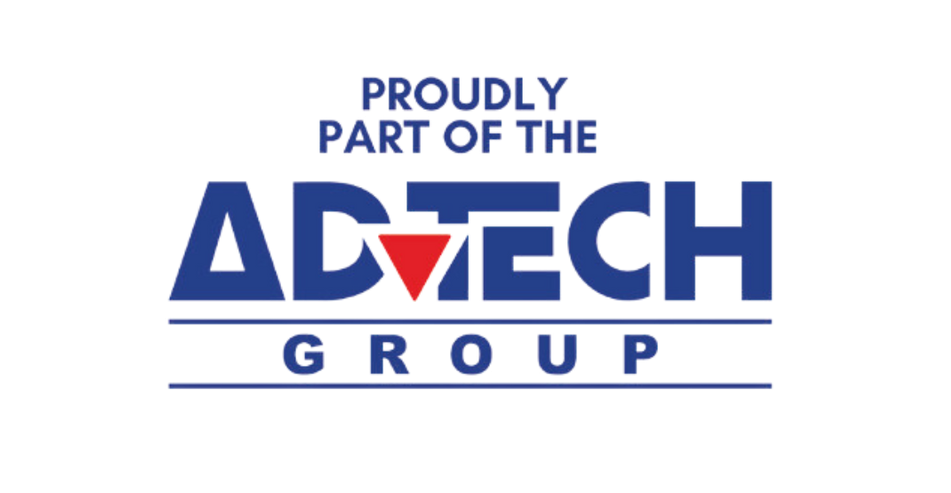The Future of Education Preparing The Next Generation of Entrepreneurs
Throughout an unusual and challenging time, the teaching landscape has rapidly changed with the widespread and fast-track integration of technology into the teaching and learning space. And contemplating the future is challenging when the present feels uncertain.
Horace Mpanza (Business Developer of ADvTECH Group and Regional Managing Director of Makini Schools), highlights that it is evident that we cannot return to the world as it was before.
“Instead of going back to what we once knew as traditional schooling let’s support an education model that would provide many more skills, options and opportunities for young people. A future of education that will keep up to date with the growing demands of the 21st century, preparing our children for jobs we don’t yet know exist,” says Mpanza.
The education shift focuses on a range of methodologies, techniques and approaches that stretch beyond the traditional limits of thinking and implementing.
“The concept of a teacher standing in front of a room full of students who listen and respond to direction is increasingly a thing of the past,” Mpanza says. Classrooms will coexist.
“Technological advances have enabled interconnectedness of information and people with the touch of a button. Bringing the world closer together and allowing a South African student to collaborate and apply their knowledge with a Kenyan student to solve an academic project in a global classroom,” he adds.
Today’s curriculum teaching and learning already extends well beyond the classroom and will continue to do so, as education changes to suit the future’s needs in a skills-based pedagogy.
“Children have become more resilient and educators are cultivating a generation of independent learners that have adapted to learning that will advance a broader understanding of the 21st century skills that can be applied in a global context,” Mpanza explains.
The term 21st-century skills are used to refer to core global competencies such as collaboration, digital literacy, critical thinking, innovation, research and problem-solving that advocates a belief students need to thrive in the modern world. Active or problem-based learning seeks to engage students’ natural curiosity, rather than simply presenting them with information.
We know that if we mix different ways of engaging with information, we get a better learning outcome. That means blurring traditional boundaries with modern technologies. We also recognize that learning is a social process and that learning with others has better outcomes, be it in a traditional or virtual classroom setting. Educating 21st-century skills is an accessible, practical approach that is not beyond the reach of a student.
Additionally, teaching 21st-century skills and global competence requires combining instructional strategies for active learning with global issues and weaving them into the existing curriculum and frameworks. This is a phenomenon-based learning process. “It emphasizes skills such as communication, creativity and critical thinking better prepares students to apply their knowledge in the 21st-century world and workplace,” Mpanza adds.
Having a need to ensure your child’s future is one of the most fundamental characteristics of a parent. We all want to raise our children to become independent people, capable of providing for themselves – becoming leading entrepreneurs of tomorrow.
As schools continue to explore and expand their approaches to teaching and learning, the core skills as global competencies continue to be a fundamental curriculum component to be included across all disciplines for learners of all ages. “The best way to teach our children is to develop an entrepreneurial mindset in our children through learning by doing. This will provide tools, methods, and skills that will sustain their future”, he says.
Thinking about the future of education requires imagination and also rigour and it is an exciting process as we see how it unfolds.
